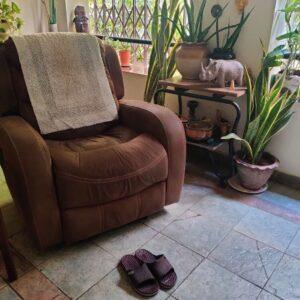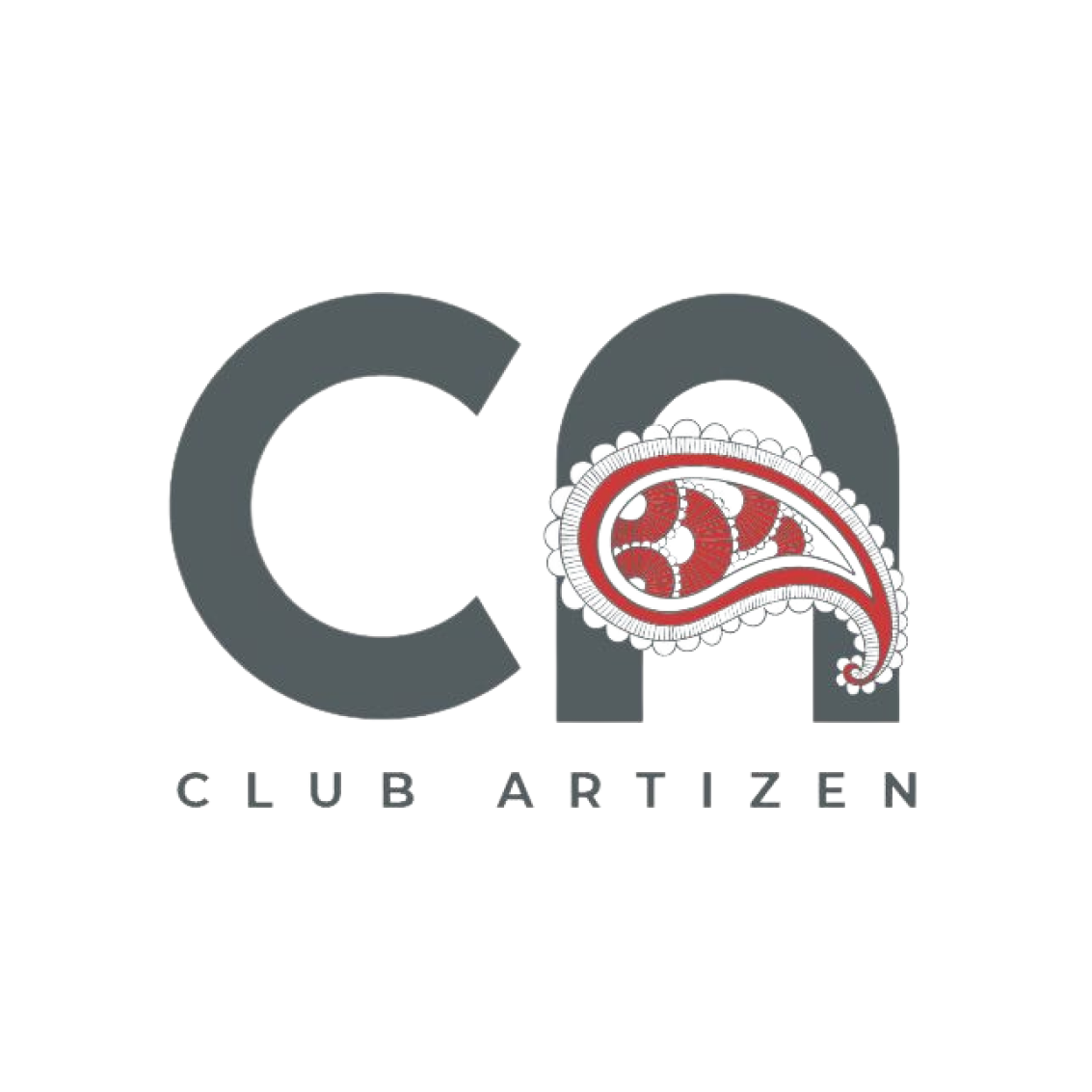Recently, I’ve come across many articles and Whatsapp forwards with this word – Döstädning. It is a Swedish word that translates to ‘death cleaning’. Popularized by an artist Margareta Magnusson through her book “The Gentle Art of Swedish Death Cleaning: How to Free Yourself and Your Family from a Lifetime of Clutter” the idea is that one must slowly start decluttering so their death is not such a burden on those left behind.
As a person who enjoys organising, cleaning, scrubbing, anything with the word “cleaning” in it sparks great joy within me! As I set out to read all about death cleaning, I realised that I had a real-life example of someone who practiced this unconsciously all his life: my dad.
A couple of days after my father passed away last year, I steeled myself to help sort out his things before returning to work. Imagine my surprise when I opened his closet to find bare shelves. A photograph of his three children, a card from his grandchildren, and a pile of handkerchiefs were the only articles on his shelf.
I admit to a feeling of being robbed of this task and then my mother gently pointed out to me that she had not done this alone but that my father had been giving away his things systematically all through his living years.
When he stopped playing golf, off went his golf sets to a younger, keen player who could not afford to buy them. When he stopped formal work, he gave away all his pin striped shirts, formal trousers, ties and jackets – even his shoes – and settled for more comfortable clothing. The only things left behind were his prescription medicines and clothes worn in his last week hung out to dry.

Author Nina wearing her father’s shirt.
His bridge books and notes written in his beautiful handwriting were kept aside for a young bridge enthusiast. A watch for his grandson remained, but various other watches from his collection were already given away. In the weeks that followed, I noticed various servicemen around my father’s building–car cleaners, conservancy workers–in familiar T-shirts and sandals. It was a bittersweet jolt to see this.
My brothers and I had nothing to sort through – my father had organised his documents, his bank work, as well as his personal effects. The greatest gift he gave us was the space to process our grief and loss without being mired in tedious tasks.
This was very different from other post-death sorting situations that I had witnessed. Clearing through a person’s effects after they have passed can be exhausting, bringing waves of grief and even horror that so much has been hoarded. Boxes of unopened kitchenware, unworn clothes with tags still on, shopping bags filled with wares–even if they can be used, finding homes for these articles is not an easy task. Consigning things that are not useful to the recyclers can be traumatic, and throwing away the effects of a loved one can induce guilt.

A sum total of a life well-lived, says the author.
In an era where hand-me-downs are not as welcomed as they used to be, when repeating one’s clothes is frowned upon, where it is infra-dig to not have collections of watches, sunglasses, footwear – my father lived a minimalist life without even knowing it. He gave away his things when they were still in excellent condition and to people who would really need them, once he saw no need for them.
What does this have to do with sustainability? Everything! According to a study from the World Economic Forum, the fashion industry is the world’s third largest polluter. Almost 64% of garments produced each year end up in landfills. Clothes that have outlived their ‘fashion time’ have little wearability or value unless they are iconic vintage fashion.
So too, with gadgets and devices. Yes, I was miffed that a beautiful old typewriter and dial phone were given away (decades ago) but did I really see myself banging out this article on a Remington? It would have been consigned to the innermost recesses of a cupboard or be yet another thing on the console that I would have to dust.
In my opinion, death cleaning has nothing to do with death, or getting older; it’s about being conscious of what we need during our lifetime. Making conscious choices to reuse and recycle objects helps us lead less cluttered lives. Of course, one can’t lead a life without purchasing anything! Many objects, utilitarian or artistic, bring us great joy. We can make responsible consumer choices about the organisations we support–that give fair prices to their producers, and follow sustainable guidelines– as much as possible.
Here are a few simple steps to start off on your Döstädning journey:
- Give away things you are not going to use again. If these are things you love, find the right person – maybe a music collector, an antiques lover – make someone else happy with what once gave you joy.
- Get rid of X-rays, blood reports and medical documents as soon as they are outdated.
- Sort out all your bank work and finances every year and try to go paperless as much as possible.
Nina is a filmmaker, teacher and co-founder of the Warrior Moms.

